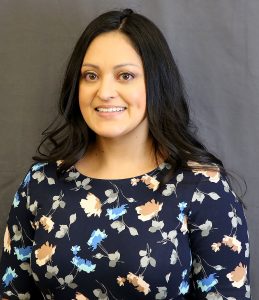Prominent Sociologist Spotlights Community Organizations’ Role in Crime Reduction
America’s cities overall have experienced a remarkable decline in crime that began in the 1990s and that has brought improvements in civic life in some surprising ways.
But the strategies that played a significant part in reducing crime – including stop and frisk policing and mass incarceration – are fading, and different approaches are needed to sustain safety improvements.
And the strategies that should be pursued include building up the number and resources of community organizations that serve in many different ways to increase the quality of life in neighborhoods and doing as much as possible to encourage residents to take roles in helping that quality of life.
A leading figure in American thinking on how to improve the quality of life in urban areas presented that provocative perspective at a conference at Eckstein Hall on Wednesday. Patrick Sharkey, a professor of sociology at New York University, told an audience including leaders of many Milwaukee non-profit organizations that research and data back-up his assertion that such organizations are valuable. There is “really strong evidence” to show the value of community organizations, he said.

